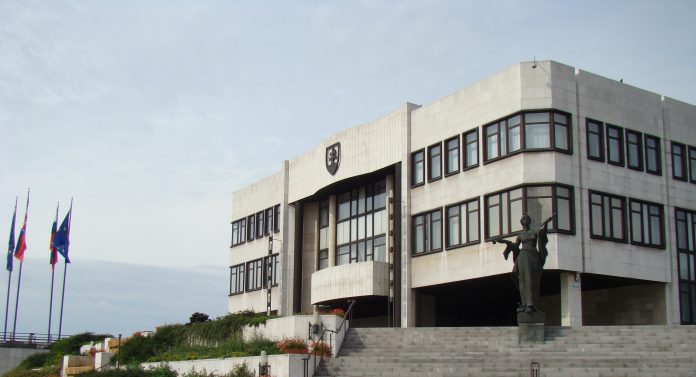When due diligence and a basic compliance process is not followed bad things happen. On October 21, 2021, an investigative journalist centre published a story that quickly became a national scandal in Slovakia. Some 28 companies were allegedly paid almost €24 million as part of the government scheme to help businesses cope with the effects of the pandemic, these companies are shell companies with no activities, employees or tax returns. So what went wrong?
These companies turned out to be the very worst examples of what a shell company is. Registerd in Slovakia, with owners abroad (mainly from Croatia or Greece), with virtual P.O. Box addresses in Slovakia, no contact details, no employees, no health or social insurance contributions and tax returns that were not filed in years. At the time when the story broke much was said about the political responsibilities of a particular minister and the slow communication of the ministry of labour social affair and family of the Slovak republic.
At the beginning of the pandemic, as elsewhere in Europe, aid to businesses could be slow and cumbersome, fears of abuse were greater than the will to expedite help quickly. However, over a relatively short time, the process became clearer, more manageable and slightly more user friendly. As both business and labor office staff adjusted to the new reality.
The crucial document when applying for state assistance was a signed affidavit by the company’s owner stating the number of employees on furlough and lost profit are true at the time of applying for state’s assistance. Upon which assistance could start. The state made a choice, it divested the power of trust when accepting these applications to the officers at every application desk in every district labor office. Rather than burdening the companies applying for help with the need for providing evidence and carrying out due diligence upfront the government made a choice. Local knowledge of officials will ensure the timely payout for assistance. The choice was also made to ensure meticulous after-the-fact checks.
In short, the state will not try to prevent potential abuse, but it will avenge it. The big weak spot of this approach was an assumption that the small-time swindlers claiming to have 6 instead of 5 employees will remain in-country and it will always be possible to recover the money from businesses later, even years later.
These shell companies with foreign owners in collusion with what appears to be an insider at one particular labor office have ensured that it will take a lot of effort and taxpayers money to investigate and recover even a fraction of the allegedly paid out sum, as there can be no doubt that the money was already transferred elsewhere.
What is clear is that the decision to help firms quickly was the correct one. Over €2 billion was distributed this way. The fact that the unusual activity of one labor office did not raise red flags, will eventually be investigated and no doubt prosecuted by the respective law enforcement agencies. Another investigation will have to look at the possibility that this was not the only labor office where rules were flaunted.
This case can serve as a prime example of what can go horribly wrong when speed is paramount and red flags and thorough due diligence cannot or will not be properly carried out.
So what can be done to prevent such a case from ever happening again? Technology could be the answer. The interconnectedness of government registries, social insurance, and labor office, for example, would have revealed that none of the companies had any employees. These need not be lengthy in-depth due diligence checks, just standardized checklists to make sure the company exists, and it does have money-making activities that require assistance at the time of crisis. The monitoring of office employees also need not be big brother like, with every loo break logged, but perhaps unusually large or outsized claims should require more than just a simple local approval, even at a time of crisis.
This is an opportune time to highlight and learn from mistakes. There are large investments heading the Slovak way in the form of European structural and investment funds for the program period of 2021 – 2027, as well as a recovery and resilience facility to the tune of billions of euros combined. With both needing to be disbursed quickly, there can be no doubt about effectiveness and accountability.




